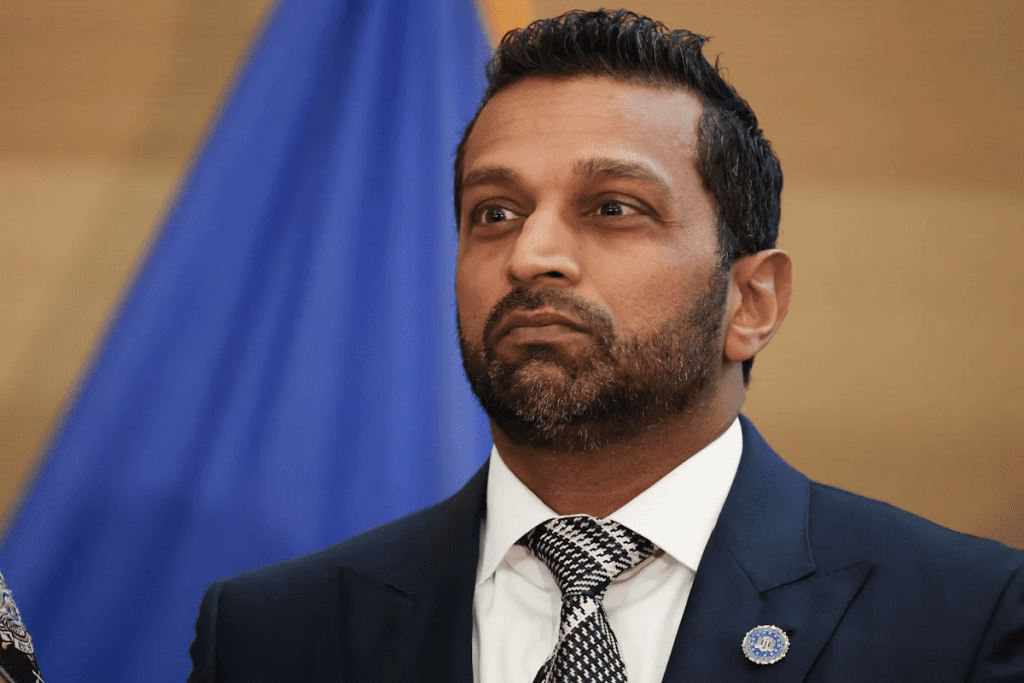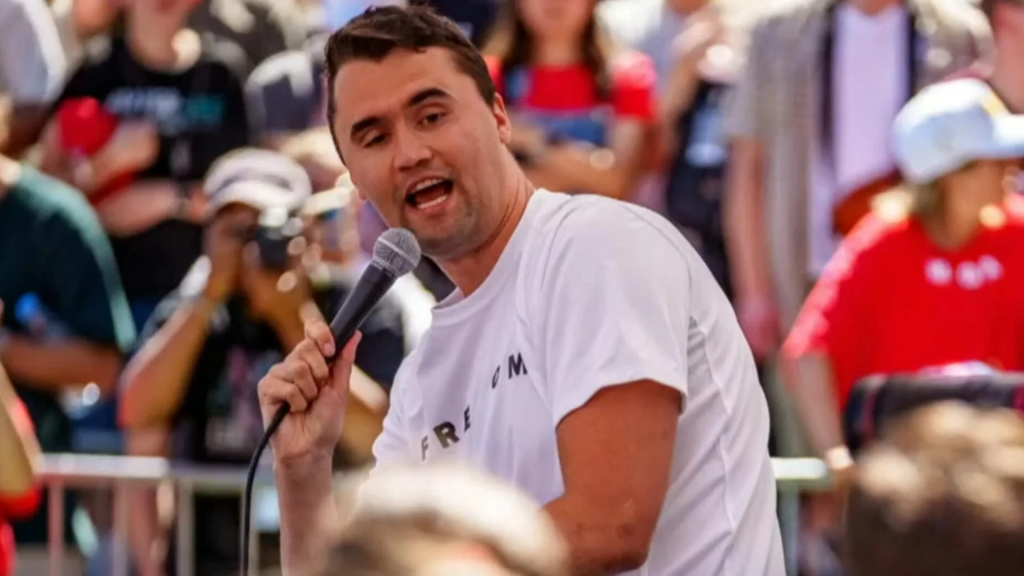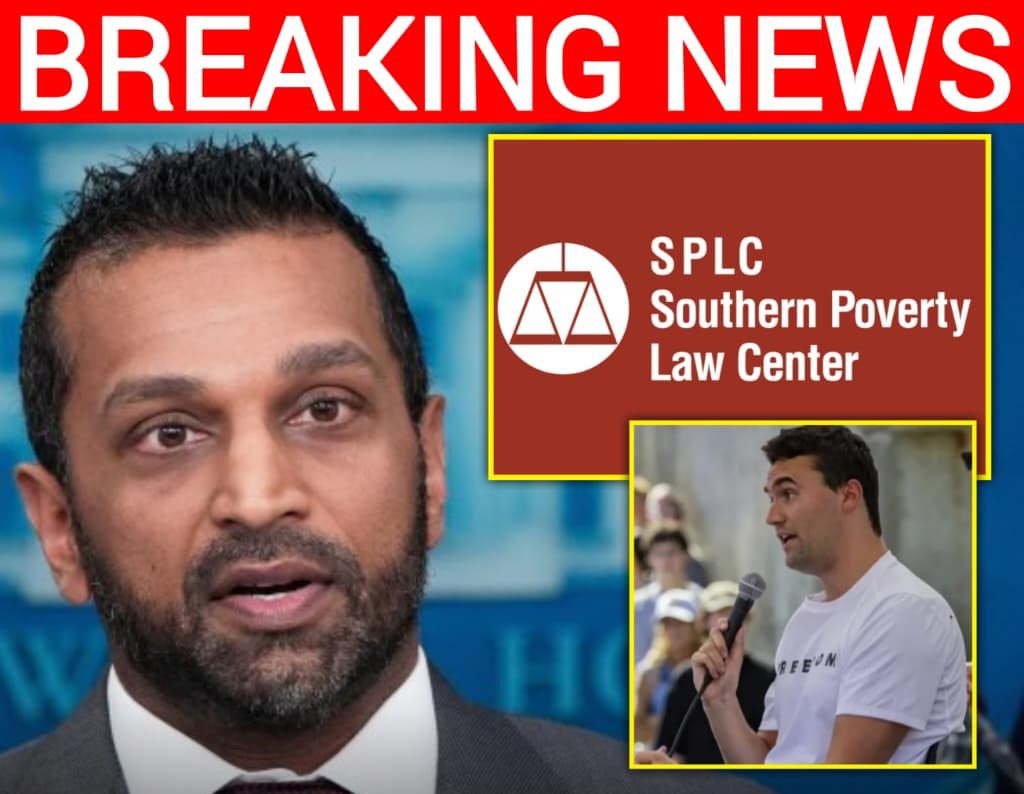FBI Director Kash Patel Severs Relationship with Southern Poverty Law Center After Charlie Kirk Shooting Sparks Political Firestorm
In a stunning announcement on October 3, 2025, FBI Director Kash Patel revealed that the Bureau would no longer be working with the Southern Poverty Law Center, better known as the SPLC. The move marks a sharp turn away from a partnership that had spanned years, reflecting growing tensions over the role advocacy groups play in federal decision-making. Patel cited the SPLC’s evolution into what he described as a “partisan smear machine” as the reason for the break.


The tipping point came in the wake of conservative activist Charlie Kirk’s tragic assassination. Kirk, who founded Turning Point USA, was fatally shot during a speech at Utah Valley University on September 10. The alleged gunman, a 22-year-old named Tyler Robinson, was arrested three days later and charged with aggravated murder alongside several related felonies. For many on the right, Kirk’s killing underscored the dangers facing outspoken conservative figures in a climate where political violence seems to be escalating.

Just a day before Kirk’s death, the SPLC had published a newsletter that labeled him as spreading “hateful” rhetoric. To Kirk’s supporters, the timing felt chilling. Although no evidence links the SPLC’s words directly to the attack, the proximity of the publication to his murder intensified calls for accountability. Elon Musk added fuel to the fire when he accused the SPLC of “incitement to murder” Kirk in a post on X. While Musk’s accusation was unverified, it tapped into a well of frustration among conservatives who have long viewed the SPLC as hostile to their movement.

The FBI’s decision to sever ties is not happening in a vacuum. Just a day earlier, Patel announced a similar cutoff with the Anti-Defamation League, citing concerns about partisanship and overreach. Together, the back-to-back decisions send a clear signal that federal law enforcement is reassessing its relationship with outside advocacy groups, particularly those seen as too entangled in political narratives. Patel stressed that the Bureau’s mission must remain focused on security and law enforcement, free of bias or outside pressure.

For supporters of the move, it is a long-overdue correction. Many conservatives argue that groups like the SPLC have expanded far beyond their original missions, morphing into organizations that paint ideological opponents with broad and damaging labels. They point to cases where individuals and groups were listed as “extremist” or “hateful” with little recourse to challenge such designations. For critics, however, the FBI’s decision raises fears that watchdogs are being sidelined at a time when political violence and extremism remain pressing threats.

The fallout is likely to continue. Charlie Kirk’s death remains a raw wound for many, a moment that encapsulated how quickly rhetoric and violence can intertwine in America’s divided landscape. For Kash Patel and the FBI, the decision to cut ties with the SPLC is framed as a step toward neutrality. But in today’s political climate, where every move is scrutinized and spun, it is already being read as a victory for one side and a setback for another.
What cannot be denied is the gravity of the moment. A major federal agency has decided to walk away from a long-standing civil rights partner at the height of a national debate over speech, safety, and accountability. The future of such partnerships remains uncertain, but one thing is clear: the conversation about who shapes narratives in America is far from over.


